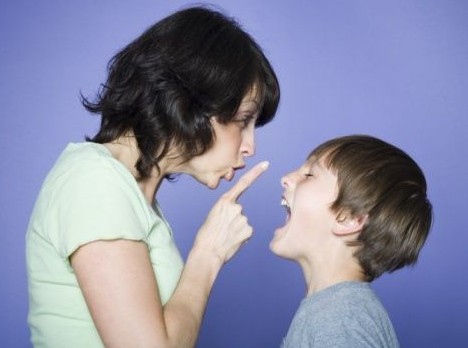Conduct Disorder Causes, Symptoms, Diagnosis and Treatment

What Is Conduct Disorder?
Conduct disorder (CD) is a psychological disorder diagnosed in childhood or adolescence that presents itself through a repetitive and persistent pattern of behavior in which the basic rights of others or major age-appropriate norms are violated.
These behaviors are often referred to as “antisocial behaviors. It is often seen as the precursor to antisocial personality disorder, which is not diagnosed until the individual is 18 years old
Problems may involve defiant or impulsive behavior, drug use, or criminal activity.
Causes Of Conduct Disorder:
Although the exact cause of conduct disorder is still not fully understood, a series of factors are thought to play an integral part in the development of the condition.
- Child abuse
- Drug or alcohol abuse in the parents
- Family conflicts
- Genetic defects
- Poverty
- Learning disabilities
- ADHD
- a history of academic difficulty and failure
- long-standing socialization difficulties with family and peers
- Cognitive factors
- intelligence and cognitive deficits
- Brain differences
- Reduced responses in brain regions associated with antisocial behavior (i.e., amygdala, ventromedial prefrontal cortex, insula, and orbitofrontal cortex).
- Less responsiveness in the orbitofrontal regions of the brain during a stimulus-reinforcement and reward task.
- reduction in grey matter volume in the amygdala, which may account for the fear conditioning deficits
- Intra-individual factors
- sibling or parent with conduct disorder increases the likelihood of having the disorder
Symptoms Of Conduct Disorder:
Symptoms of conduct disorder can be divided into four categories.
- Aggressive behavior
- fighting
- bullying
- being cruel to others or animals
- using weapons
- Forcing another into sexual activity.
- Destructive behavior
- arson (deliberate fire-setting)
- Vandalism (harming another person’s property).
- Deceitful behavior
- repeated lying
- shoplifting
- Breaking into homes or cars in order to steal.
- Violation of rules
- running away
- skipping school
- playing pranks
- being sexually active at a very young age
Diagnosis Of Conduct Disorder:
There is no real test for diagnosing conduct disorder. The diagnosis is made when a child or teen has a history of conduct disorder behaviors.
A physical examination and blood tests can help rule out medical conditions that are similar to conduct disorder. In rare cases, a brain scan helps rule out other disorders.
It is diagnosed based on a prolonged pattern of antisocial behavior such as serious violation of laws and social norms and rules in people younger than the age of 18.
Treatment Of Conduct Disorder:
The following treatment options may help in treating conduct disorder:
- Medications
- Talk therapy
- Behavioral modification therapy
- Wilderness programs
- Multisystematic treatment
- Parent management training
By : Natural Health News




